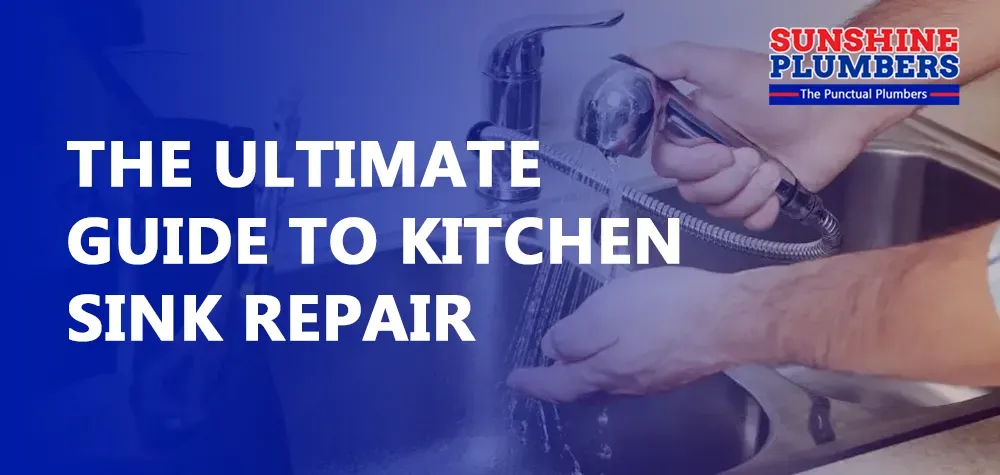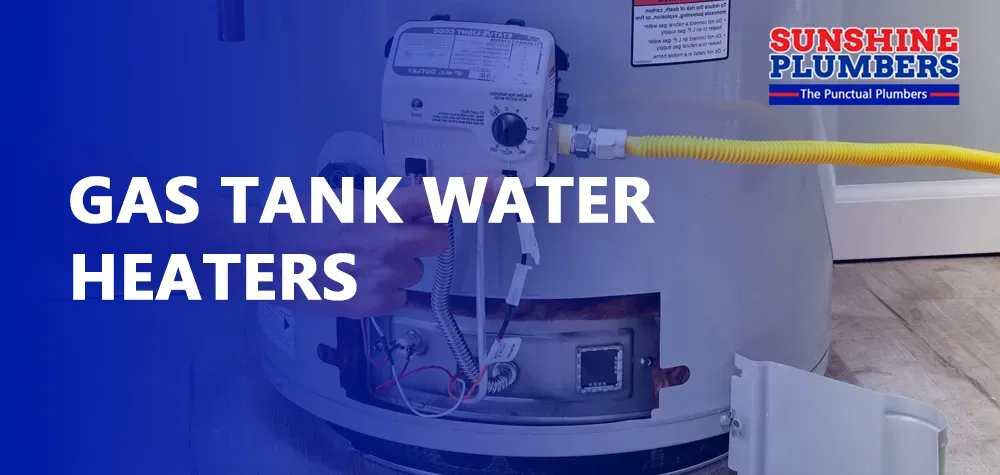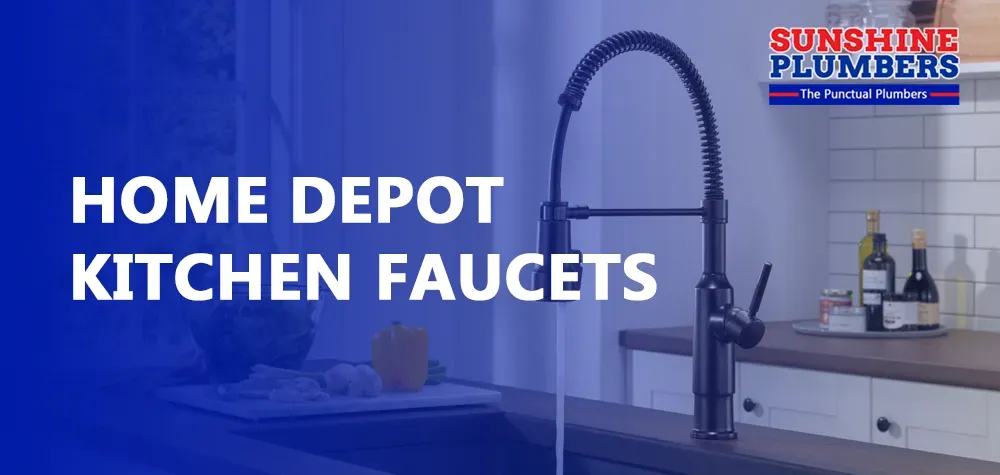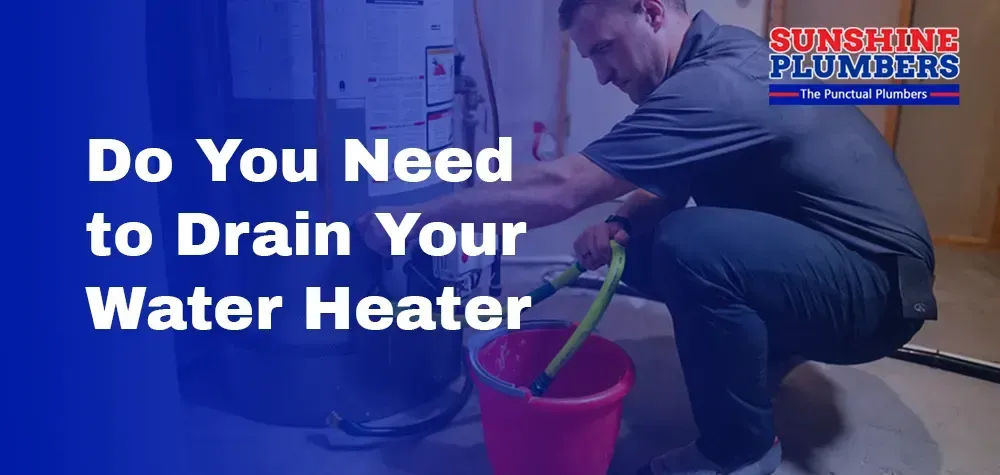Do You Need to Drain Your Water Heater
Importance of Draining Your Water Heater
Since it provides hot water for showers, dishwashing, laundry, and other activities, your water heater is a crucial piece of equipment in your home. It is a reliable worker that typically runs quietly in the background. Like any other device, your water heater needs regular maintenance to guarantee it keeps working efficiently. Whether your water heater has to be drained is one query that is frequently asked. Thus, in this essay, we'll go through the advantages and disadvantages of draining your water heater and show you how to do it step-by-step.
Part 1: Why You Should Drain Your Water Heater
1.1. Sediment Buildup
Over time, sediment, minerals, and debris can accumulate at the bottom of your water heater tank. This sediment comes from the water supply and can include minerals like calcium and magnesium. Furthermore, the efficiency of the heater is decreased as a coating of silt builds up on the burner or heating element. This may lead to prolonged heating times and increased energy costs.
You can prevent this sediment buildup and ensure that your water heater performs at its best by regularly draining it. By doing this, you may extend the life of your equipment while simultaneously lowering your energy bills.
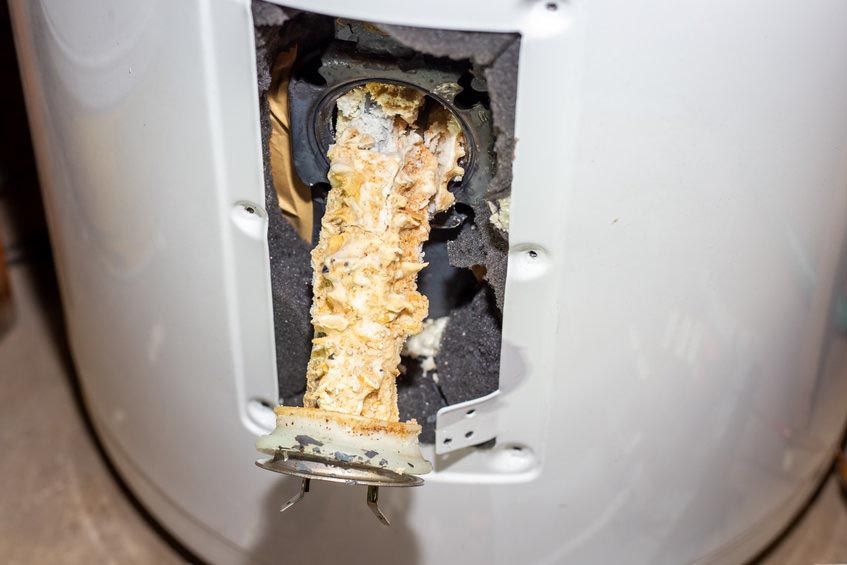
1.2. Improved Water Quality
The caliber of the hot water you get from your water heater may also be impacted by sediment buildup. Water may get discolored or smell bad if the sediment is contaminated with rust or other impurities. Your hot water's quality can be raised by draining the tank and clearing the sediment out, ensuring that it stays clean and odor-free.
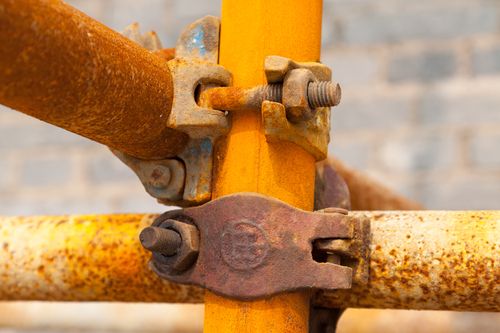
1.3. Preventing Corrosion
Preventing corrosion is just another reason to think about draining your water heater. Steel is the usual material used for water heaters, and prolonged contact between water and oxygen can cause rust and corrosion. Additionally, you can increase your water heater's lifespan and you can reduce this problem by draining the tank and refilling it with fresh water.
1.4. Maintaining Warranty Requirements
It's critical to adhere to the manufacturer's advised maintenance practices if your water heater is still covered by a warranty. Some warranties may require regular draining and flushing of the tank to remain valid. Failure to do so could result in a voided warranty, leaving you responsible for any costly repairs or replacements.
Part 2: When You Might Not Need to Drain Your Water Heater
2.1. Tankless Water Heaters
On-demand water heaters, commonly referred to as tankless water heaters, are gaining popularity due to their compact form and great energy efficiency. Instead of storing hot water as traditional tank-style heaters do, tankless water heaters heat water as it is needed. Because of this, they do not build up sediment the same way tank-style heaters do.
The majority of the time, draining a tankless water heater to remove sediment is not a concern. However, periodic maintenance like descaling may be necessary to ensure it operates efficiently.
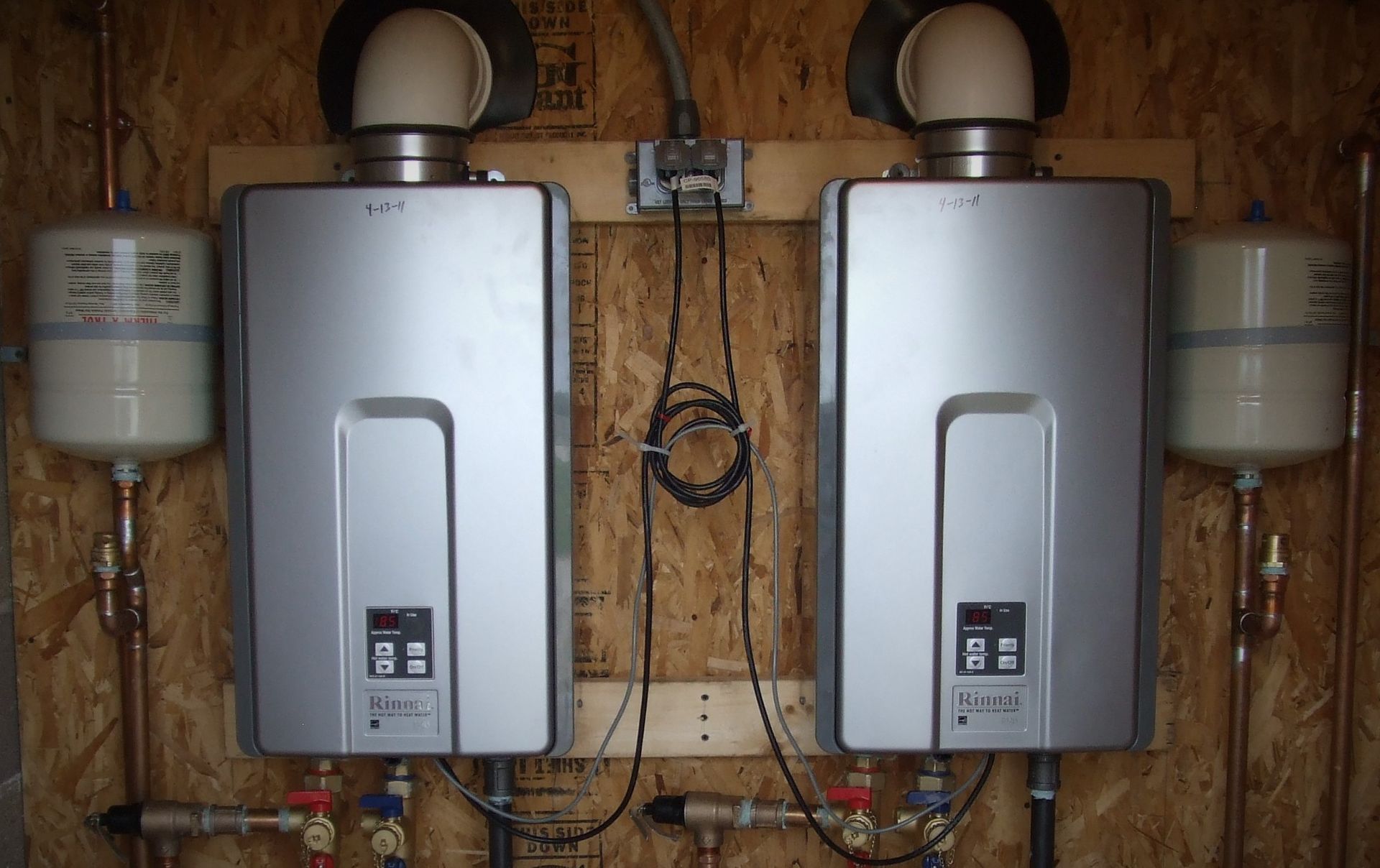
2.2. Newer Water Heaters
Newer water heaters often come with improved design features that reduce the buildup of sediment. It might not be as important to drain a relatively new water heater as it would be for an older one if you observe no problems with the water's quality or efficiency. Checking the manufacturer's maintenance suggestions is still a smart idea, though.
Part 3: How to Drain Your Water Heater
3.1. Gather Your Supplies
Before you start, gather the necessary supplies:
- Garden hose
- A bucket or drainage area
- Screwdriver or wrench (for gas water heaters)
- Safety gear (gloves and safety goggles)
3.2. Turn Off the Power
The electricity should be shut off at the circuit breaker for electric water heaters. Set the thermostat to "pilot" on gas water heaters.
3.3. Turn Off the Water Supply
Find and shut off the cold water supply valve, which is typically close to the top of the water heater.
3.4. Attach the Hose
At the drain valve at the base of the water heater, attach one end of the garden hose. The other end of the hose should be in a bucket or an appropriate drainage area.
3.5. Open a Faucet
Open a hot water faucet in your home to allow air into the tank and facilitate drainage.
3.6. Drain the Tank
Slowly open the drain valve on the water heater. Be cautious, as the water will be hot. Also, allow the tank to drain completely.
3.7. Flush the Tank
To help remove sediment, close the drain valve, turn on the cold water supply briefly to stir up any remaining sediment, and then repeat the draining process until the water runs clear.
3.8. Close the Drain Valve
Close the drain valve when the water is clear, then unplug the hose.
3.9. Turn On the Water Supply
Turn the cold water supply valve back on to refill the tank.
3.10. Restore Power
For electric water heaters, restore power at the circuit breaker. Set the thermostat to the desired temperature on gas heaters.
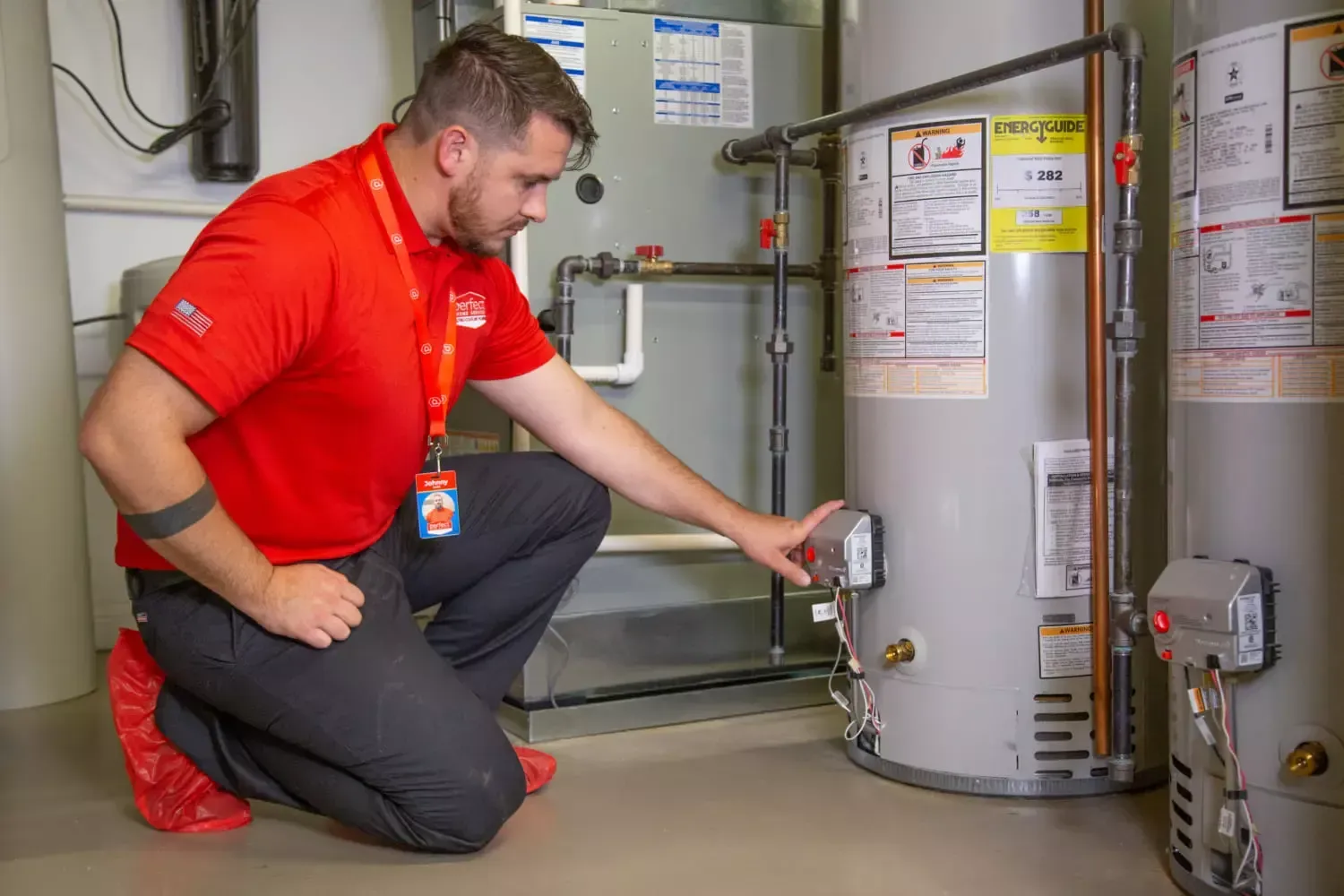
Extend Your Water Heater's Lifespan
A vital upkeep chore that can prolong the life of your appliance and help avoid sediment buildup is draining your water heater. While some water heaters don't need to be drained frequently, older tank-style heaters and those still covered by warranties may benefit from the procedure.
To guarantee that you always have access to hot water when you need it, regular water heater maintenance should be a part of your home routine. This includes cleaning and emptying the tank. You can prolong the useful life of your water heater by following the easy instructions provided in this article.
Partner for Water Heater Care
Sunshine Plumbers understands the necessity of a dependable and efficient water heater, which is why we are here to offer you outstanding water heater services. Furthermore, are you concerned about sediment buildup affecting your water heater's performance? We specialize in draining and flushing, ensuring your water heater runs at its best, and providing you with hot water whenever you need it. Therefore, don't compromise on comfort and convenience – choose Sunshine Plumbers for all your water heater maintenance needs.
Expert Solutions
When it comes to water heater care, Sunshine Plumbers is your trusted partner. Because we care about your satisfaction, we go above and beyond to stop problems like rust, poor water quality, and higher energy costs. Moreover, to meet your unique demands, we provide professional advice and affordable solutions. Sunshine Plumbers is the brand you can trust for a worry-free and effective water heater, whether you have an older system that needs a thorough flush or a newer system that needs recurring check-ups. Hence, contact us today, and let us keep your hot water flowing smoothly.

